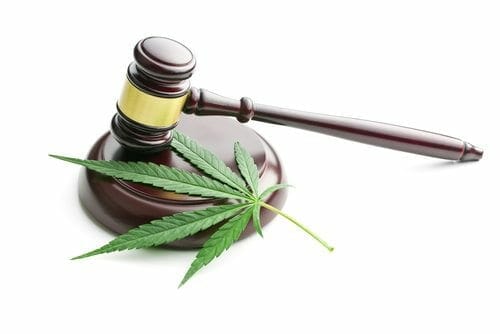 United States Attorney General Jeff Sessions is rescinding Obama based policies that allowed the use of recreational marijuana to flourish in the past. While Sessions will not make the ultimate decision, he is allowing Federal Prosecutors within the states where marijuana is recreational to decide how to allocate resources to enforce marijuana laws. This approach by the Attorney General is likely going to make it much more confusing to interpret marijuana laws allowing people to use, grow, and buy, in states where it is recreational.
United States Attorney General Jeff Sessions is rescinding Obama based policies that allowed the use of recreational marijuana to flourish in the past. While Sessions will not make the ultimate decision, he is allowing Federal Prosecutors within the states where marijuana is recreational to decide how to allocate resources to enforce marijuana laws. This approach by the Attorney General is likely going to make it much more confusing to interpret marijuana laws allowing people to use, grow, and buy, in states where it is recreational.
While it is long known that the federal government prohibits using, growing, or buying marijuana, many states have allowed people to use it medicinally and/or recreationally. There are thirty states where you can technically smoke marijuana legally, but only eight states (Washington, Oregon, Nevada, California, Colorado, Alaska, Maine, Massachusetts) and the District of Columbia allow it to be used recreationally. The rest of the states only allow marijuana use for medicinal purposes.
Session’s enforcing these new policies seem to be solely his agenda, while Trump’s stance on marijuana is still widely unknown. Sessions argues that marijuana use is similar to opioid use and is the reason there is an increase in violence throughout the United States. Supporters of recreational marijuana use argue that by making marijuana legal, it eliminates the black market, which should lead to a decrease in violence.
In 2013, Obama’s administration announced that it would not block states that allow the use of recreational marijuana as long as the states attempted to prevent it from crossing state lines, reaching the hands of criminals, and reaching the hands of children. Advocates of recreational marijuana argue that it has generated millions and millions of dollars in tax revenue, which helps fund schools and the government. Advocates of recreational marijuana also argue that this crack down will continue to over populate or prisons, which is a waste of the taxpayer’s money. It will be very interesting to see how the marijuana laws throughout the United States continue to evolve.






